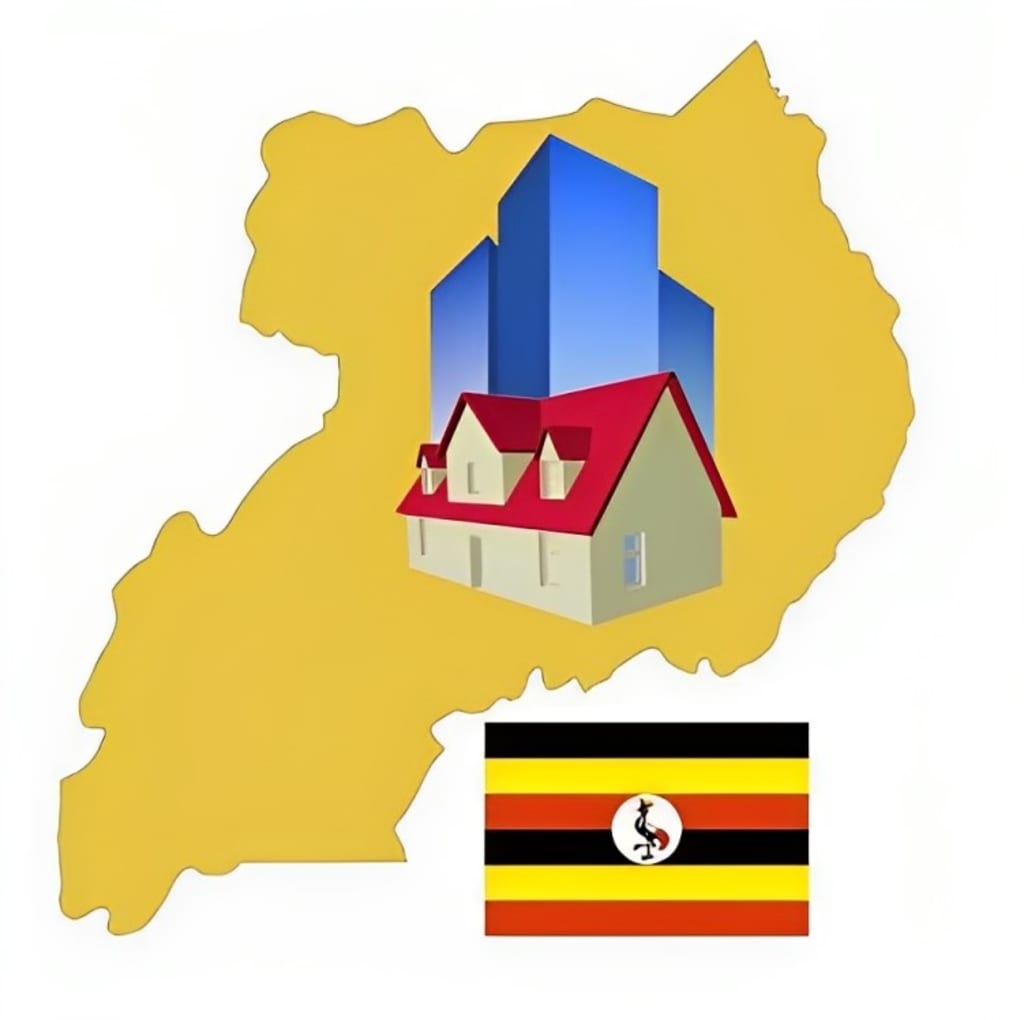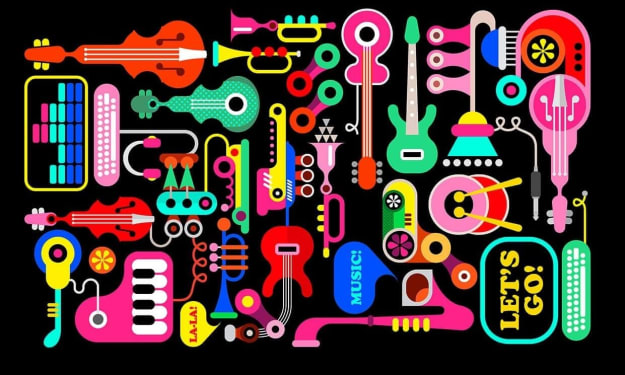A perspective on Uganda's Political Landscape: Governance and Democracy
Investigate the political environment of Uganda from the viewpoint of Ugandan journalist Emmanuel Katto, while also learning about its governmental setup and level of democracy. This blog is all about country's past notable political individuals, and difficulties and advancements it has made toward establishing a democratic future.

As a Ugandan Journalist, I, Emmanuel Katto, it is my honor and duty to shine light on the complex political landscape of Uganda, which is characterized by its rich history, a variety of political views, and a desire for democracy and efficient government. I want to provide some light on Uganda's political history, its current problems, and its chances for a more inclusive and accountable future in this piece of writing.
Historical Considerations
A look into Uganda's past is necessary to comprehend the country's current political climate. Uganda gained independence from British colonial power in 1962, ending its colonial past. In the early years of independence, there were several political upheavals, notably the autocratic and unstable administrations of President Milton Obote and his successor, President Idi Amin.
The late 1980s were when a tipping point finally materialized. Yoweri Kaguta Museveni's National Resistance Army successfully overthrew the government, which ultimately resulted in Museveni's accession to power in 1986. A new age of democracy, stability, and economic growth was promised by Museveni's administration.
Multi-Party Democracy's Ascent
In the early years of Museveni's presidency, Uganda was governed by a no-party "Movement" system that attempted to foster unity and lessen political division. However, in 2005, multi-party politics were reinstated as a result of political pressures and requests for greater pluralism, pitting the ruling National Resistance Movement (NRM) party against a number of opposition groups.
Problems with Democracy
Although Uganda has made progress toward multi-party democracy, obstacles to political plurality still exist. President Museveni, who has held office for more than three decades, is particularly notable for his domination and protracted incumbency in the political environment. This has sparked questions about electoral fairness and political inclusion.
Press freedom and freedom of expression have also encountered difficulties recently. The opportunity for critical reporting and free speech has occasionally been constrained by harassment and censorship of journalists and media organizations.
Elections and Disputes
The electoral procedures in Uganda have generated discussion and controversy. Since the return of multi-party politics, the nation has had several elections, although some of them have been tainted by claims of fraud and irregularities. For instance, the 2021 presidential election was characterized by claims of voter suppression and a significant increase in security both during the campaign and on election day.
Civic Engagement and Protest
Uganda's civil society has remained alive and active despite these difficulties. Monitoring and promoting democratic reforms are major tasks for NGOs, human rights groups, and advocacy organizations. They provide people with a forum to express their issues and hold elected officials responsible.
The Way Ahead: Possibilities for Change
The political environment of Uganda is complicated, but there is still room for optimism. The nation is at a turning point when the voices of the young people, who make up a sizable section of the population, are being more heard. Young Ugandans are speaking up for reform, promoting inclusive government, and calling on their leaders to answer for their actions.
Additionally, regional and global organizations have contributed to the promotion of democracy and sound governance in Uganda. Change is not only conceivable but also more likely in the context of these initiatives and domestic aspirations for reform.
Conclusion!
The political landscape of Uganda is dynamic, interlaced with both current issues and historical strands. It is my responsibility as a Ugandan journalist to shed light on this environment by exposing both its accomplishments and its difficulties. While Ugandans remain resilient and continue to fight for a more inclusive, transparent, and responsible political future, there are worries about the condition of democracy and governance. As a journalist, I Emmanuel Katto, am dedicated to relaying the story of Uganda's continuous path towards a more stable democracy.






Comments
There are no comments for this story
Be the first to respond and start the conversation.